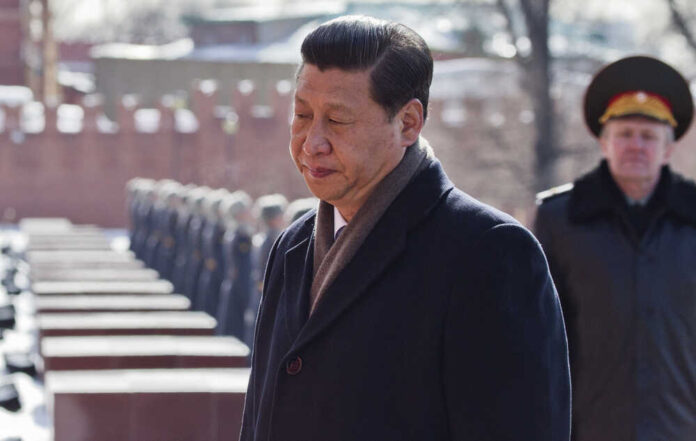
The government of the Netherlands has announced new restrictions on the export of semiconductor technology as a measure to protect national security, joining a U.S.-led effort to curb microchip exports to China. The move aims to hobble China’s tech industry and slow its military advances.
Dutch Trade Minister Liesje Schreinemacher said the restrictions would be introduced before the summer, directly impacting Europe’s largest tech firm, ASML.
Netherlands Joins U.S. Efforts to Restrict Semiconductor Exports to China https://t.co/NRi53DewnJ
— Intrepid American Patriot (@bambambioo) March 9, 2023
The Dutch decision is a concrete move toward adopting rules urged by Washington to deprive China of easy access to semiconductors, which will impair the hostile nation’s power to train artificial intelligence at scale. The Dutch oversee essential chipmaking technology.
The restrictions will affect key chipmaking technology producers such as ASML, Europe’s largest tech firm. ASML dominates the international market for lithography systems that use advanced laser technology to create the minute circuitry of computer chips. While ASML expects to apply for licenses to export the most advanced segment among its deep ultraviolet (DUV) chip production machines, it does not expect this to impact its 2023 financial guidance.
However, the announcement leaves significant questions unanswered, including whether ASML can service the more than 8 billion euros worth of DUV machines it has sold to customers in China since 2014. While Dutch Trade Minister Liesje Schreinemacher said the Dutch government had decided on measures “as carefully and precisely as possible to avoid unnecessary disruption of value chains,” it is unclear what impact this move will have on ASML’s sales to China.
The announcement follows the U.S. decision to impose broad export restrictions on shipments of American chipmaking tools to China. For these restrictions to be effective, major component suppliers in the Netherlands and Japan will have to cooperate. The three nations have been engaged in negotiations on the matter for months. Japan is expected to update its chip equipment export policies as soon as this week.
Depriving China of easy access to semiconductors will grant the U.S. and its allies a significant advantage in the ongoing tech and military race against the communist regime. In August 2022, Joe Biden signed the CHIPS Act into law, aimed at bolstering the domestic semiconductor industry in the U.S. However, some have criticized the bill for containing partisan social policy unrelated to semiconductor production.

































